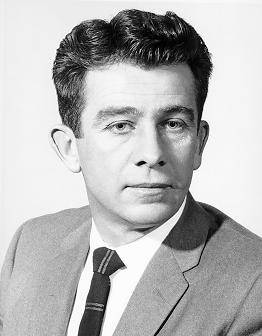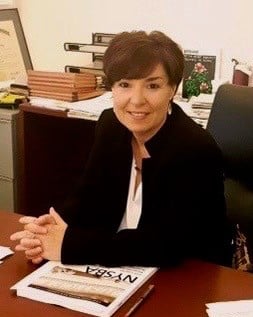Pulling Back the Curtain on Canada’s Mass Surveillance Programs – Part Two: The CSE Secret Spying Archive

Read Part 1: Pulling Back the Curtain on Canada’s Mass Surveillance Programs – Part One: A Decade of Secret Spy Hearings The BCCLA is sharing over 4,000 never-before-seen pages detailing […]
BC Civil Liberties Association Rescinds 2020 Reg Robson Award from Mary Ellen Turpel-Lafond
The BC Civil Liberties Association (BCCLA) awarded the Reg Robson Award to Dr. Mary Ellen Turpel-Lafond as part of the 2020 Liberty Awards. The BCCLA’s annual Liberty Awards honour exceptional […]
BCCLA Reacts: Supreme Court of Canada misses crucial opportunity to protect Canadians’ Charter rights in foreign countries
Ottawa, ON (unceded Algonquin Anishnaabeg Territory) – The BC Civil Liberties Association (BCCLA) is disappointed by the Supreme Court of Canada’s decision on Friday, February 17 in R v. McGregor. […]
A Tribute to Bob Rowan

The BCCLA would like to honour the memory of Mr. Robert (Bob) J. Rowan, a founding director of our organization, who recently passed away on 11th December 2022. Bob served […]
Press Release: Gitxan and Wet’suwet’en Born Dale Culver’s Family Responds to BC Prosecution Service Approval of Manslaughter and Obstruction of Justice Charges against Prince George RCMP Officers
(Prince George BC / unceded traditional territory of the Lheidli T’enneh First Nation): On Wednesday, February 1, 2023, the family of Dale Culver learned of the BC Prosecution Service’s decision […]
BCCLA Reacts: Supreme Court of Canada considers mandatory minimum sentences
BCCLA Reacts: Supreme Court of Canada considers mandatory minimum sentences FOR IMMEDIATE RELEASE Ottawa, ON (unceded Algonquin Anishnaabeg Territory): The BC Civil Liberties Association (BCCLA) is encouraged, in part, by […]
A Welcome Message from Joanne Macri, BCCLA Executive Director

I am humbled and honoured to join the BC Civil Liberties Association in its seventh decade. Over its dedicated history, the BCCLA, together with community partners and supporters, has achieved […]
BC Civil Liberties Association Announces New Executive Director
Vancouver, BC (Unceded Coast Salish Territories) – The BC Civil Liberties Association (BCCLA) announced today the appointment of its new Executive Director, Joanne Macri. Joanne has dedicated her career to […]
Media Advisory: BCCLA to intervene at BC Court of Appeal to protect the privacy of parental medical records and promote oversight in the child protection regime
FOR IMMEDIATE RELEASE WHAT: BCCLA at BC Court of Appeal to intervene in T.L. v. British Columbia (Attorney General) to argue that unrestricted access to parents’ medical records is unconstitutional […]
Media Advisory: BCCLA at Supreme Court of Canada to intervene on the right to privacy in IP Addresses
FOR IMMEDIATE RELEASE WHAT: BCCLA at the Supreme Court of Canada to intervene in R v Bykovets to argue that there is a reasonable expectation of privacy in IP addresses WHEN: […]
